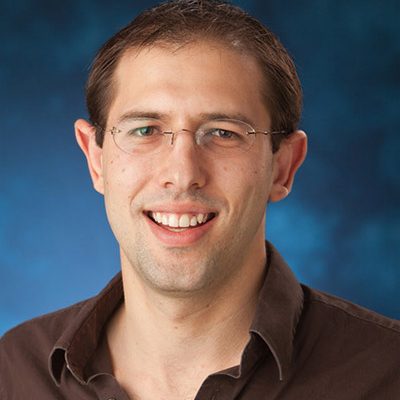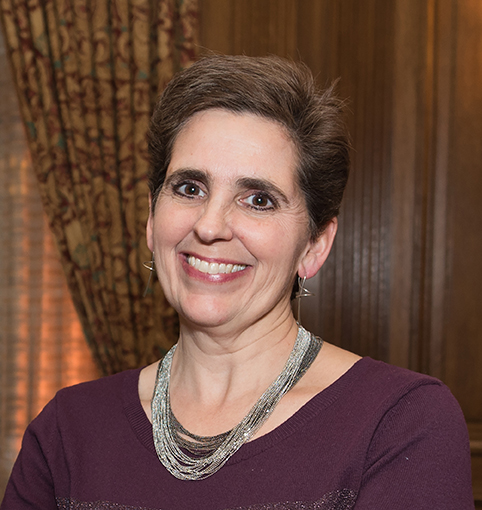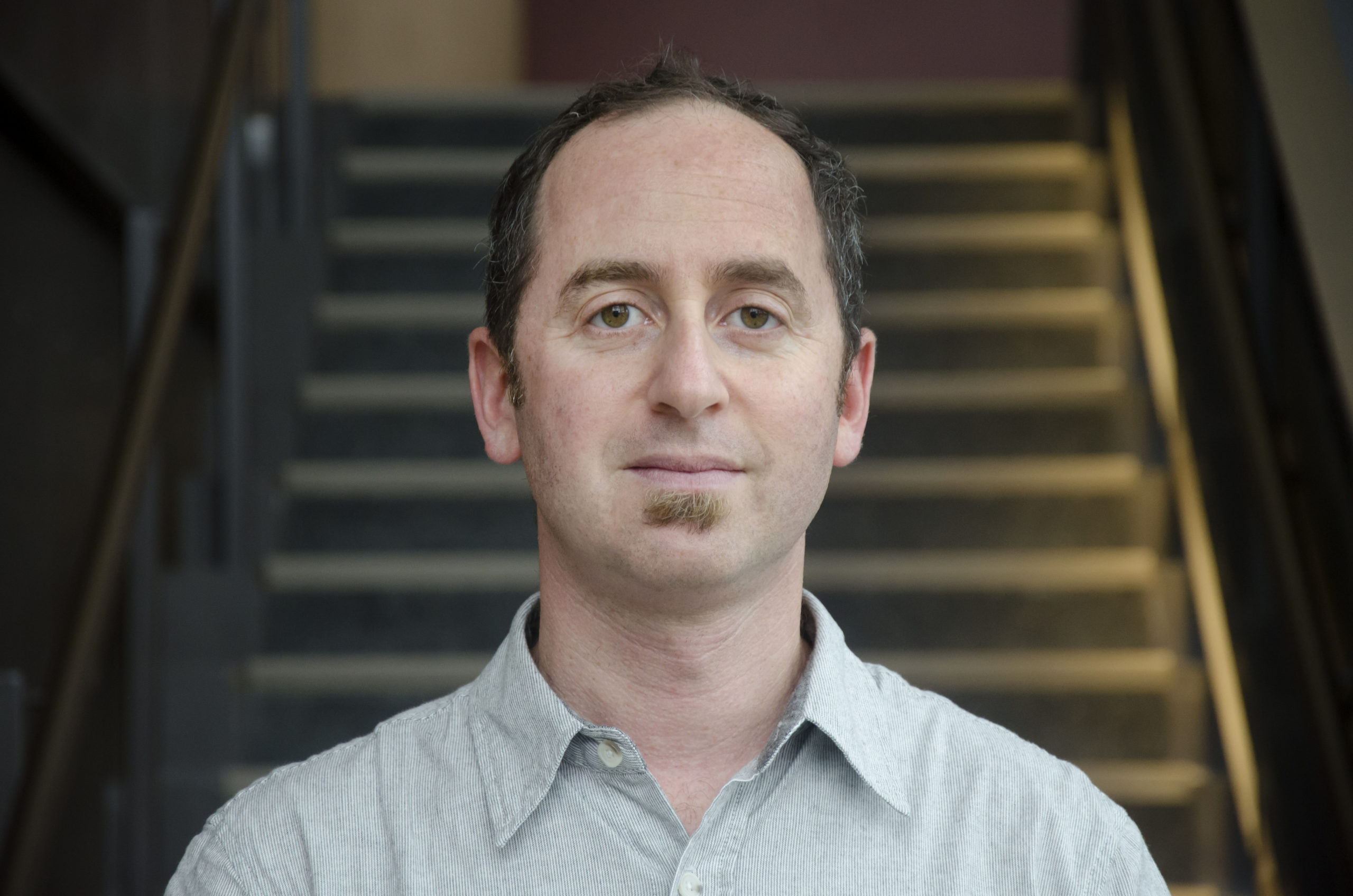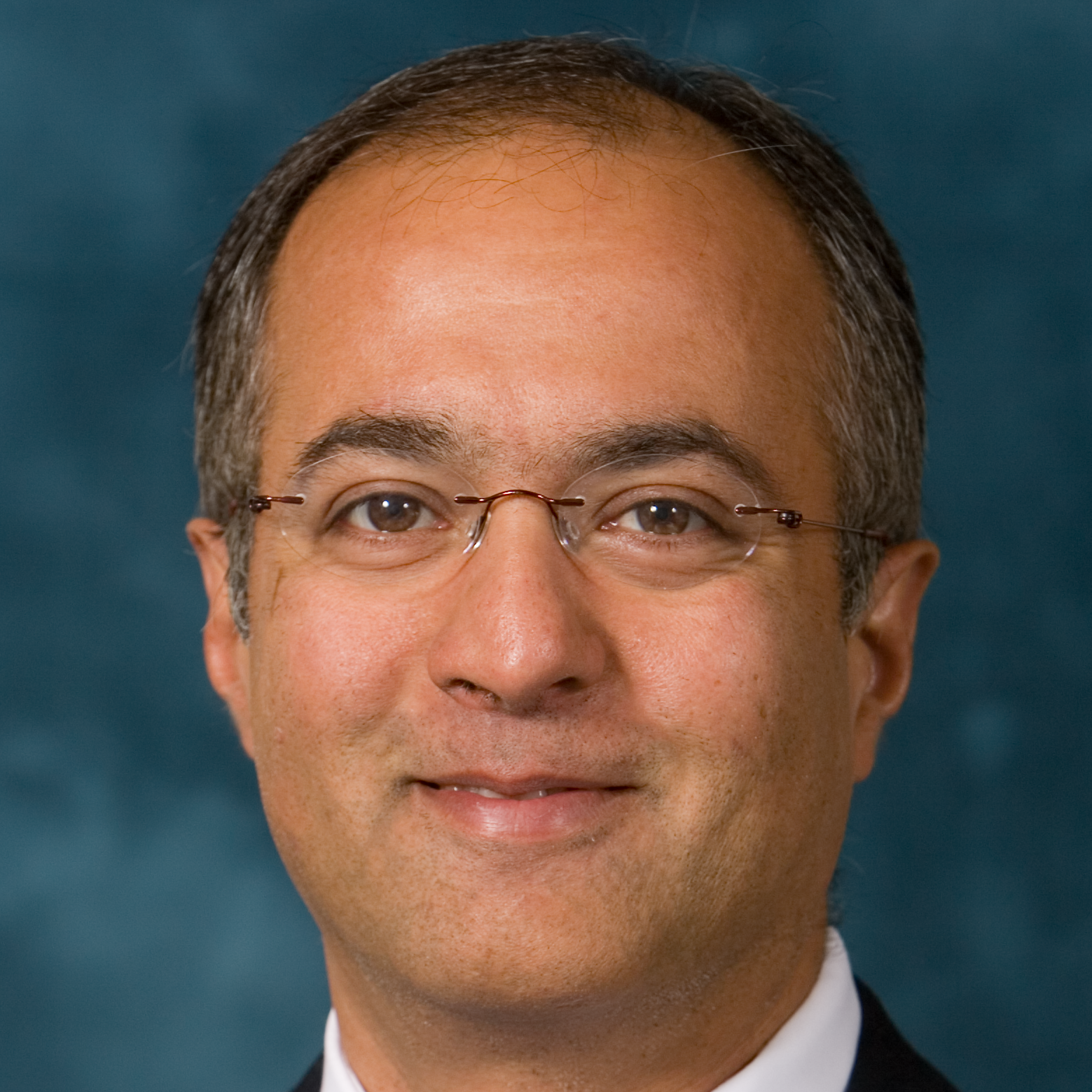A MIDAS Data and AI in Society Forum
Artificial Intelligence (AI) has become a constant presence in society and in our daily lives. In addition to aiding us in myriad of ways, AI is now challenging us in domains that we pride ourselves to be distinctly human, such as language and creativity. This forum brought together composers, as experts in AI and in Law about how we reckon with the presence of AI in creative activities and what future beholds.
(Image credit: Stable Diffusion)
Overview
How will AI change our idea and practice of creativity?
Artists and musicians have long relied on their own creativity and originality to produce works that inspire, move, and delight audiences. But what happens when we introduce generative AI tools into the creative process? In this panel discussion, a group of experts will discuss with the audience to examine the complex issues that artists and musicians face when using AI to compose music and create art, how AI tools work and the opportunities and challenges they pose for music and art composition. Some of the topics of discussion:
What are the potential disruption that generative AI tools may bring to existing modes of creative composition and how will this impact the future of the arts?
What is generative AI? How is it being used in creative activities, especially music composition?
How do we define creativity when human and AI work together to compose music?
How do we define intellectual property with AI in the picture?
About the Speakers
Forum Moderator

Josh Pasek, Associate Professor of Communication and Media, Associate Professor of Political Science, College of Literature, Science, and the Arts and Faculty Associate, Center for Political Studies, Institute for Social Research
Dr. Josh Pasek’s research explores how new media and psychological processes shape political attitudes, public opinion, and political behaviors. He moderated the panel and audience discussion as a social scientist who works with new and developing AI methods.
Panelists

Sara Billmann, Vice President, Marketing & Communications, University Musical Society
In this role, Ms. Sara Billmann oversees the strategic and creative campaigns for a 50-event season in classical music, theater, dance, jazz, and world music.

Michael Gurevich, Associate Professor of Music, School of Music, Theatre, and Dance
Dr. Michael Gurevich teaches courses in media art, computer-based composition, and physical computing, and also designs, studies, and composes for interactive music systems. His research explores new aesthetic and interactional possibilities that can emerge in performance with real-time computer systems.

Jessica Litman, Associate Professor of Music, School of Music, Theatre, andJohn F. Nickoll Professor of Law, Michigan Law
Dr. Jessica Litman is the author of Digital Copyright. She is a past trustee of the Copyright Society of the USA, a past chair of the Association of American Law Schools Section on Intellectual Property, and a past member of the Future of Music Coalition’s advisory council and the advisory board for Public Knowledge.

Lu Wang, Assistant Professor of Computer Science and Engineering, College of Engineering
Dr. Lu Wang is an AI expert who focuses on natural language processing, computational social science, and machine learning.
Host

H.V. Jagadish, Edgar F Codd Distinguished University Professor and Bernard A Galler Collegiate Professor; MIDAS Director
Dr. Jagadish contributed his perspectives as the host of the event and MIDAS Director. In his own words: “Data science has so much potential to do good things in so many aspects of life and society. I’m passionate about helping with that transformation and helping Michigan lead in that transformation while at the same time being cognizant of the potential risk and pitfalls. I want to help us get as much of the benefit of data science and AI as we can without suffering the harm they could bring if mismanaged.”
Forum Co-Sponsor

Contact Us
Questions? Please email Rachel Sutton, MIDAS project manager, at [email protected]